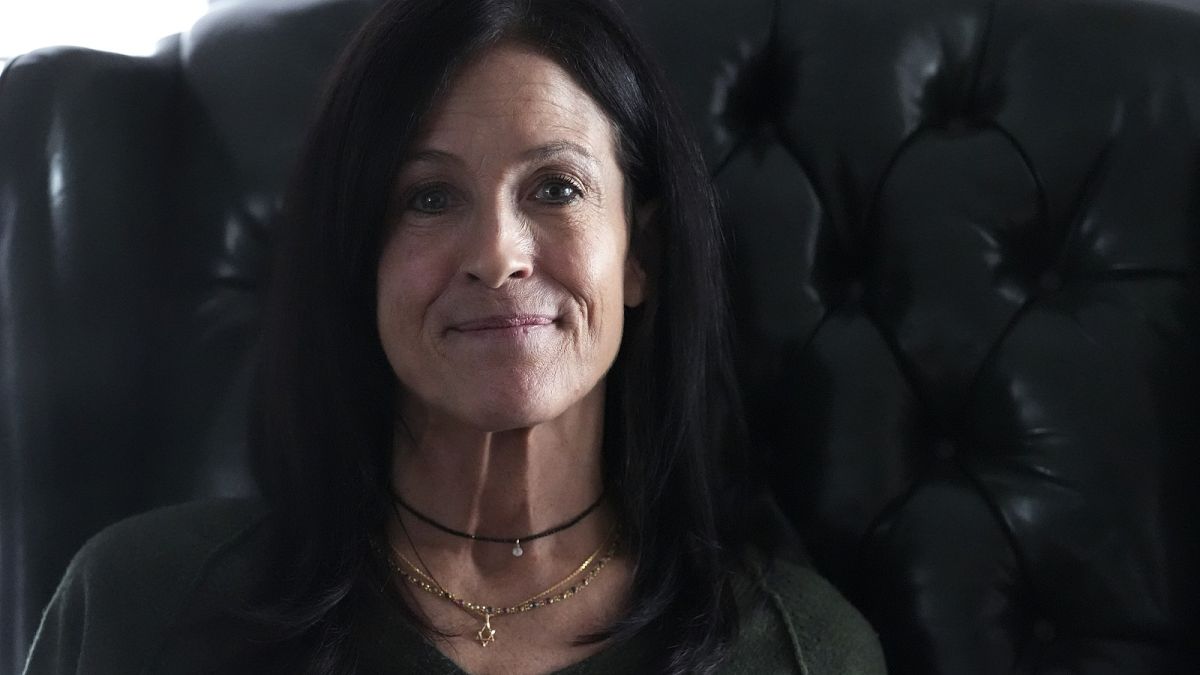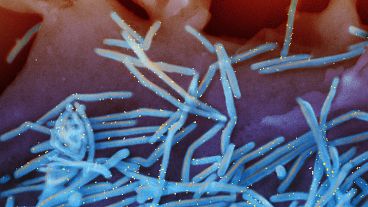US regulators have launched "Project Optimus" which aims to challenge current cancer drug dosing and encourage drugmakers to find the lowest effective dose.
Jill Feldman has lived for 15 years with lung cancer thanks to her medication.
But the drugs cause joint pain, fatigue, and mouth sores that make eating and drinking painful. Feldman’s doctor has allowed her to lower her dose due to side effects.
"We discussed starting at a lower dose than the recommended or the FDA-approved dose because of that. But the problem was there wasn't any evidence that showed the efficacy was the same," the 54-year-old, who lives in the US state of Illinois, said.
While there have been great strides in cancer drugs over the past decades, the harsh side effects have long been the trade-off for living longer.
As cancer patients and doctors question these side effects, US regulators have launched an initiative to tackle the problem.
The US Food and Drug Administration (FDA)’s "Project Optimus" aims to change the current paradigm for dose selection and encourage drugmakers to find the lowest effective dose.
Traditionally, cancer medicine development has focused on finding the highest possible dose patients can tolerate to speed up the testing.
It’s a method that has worked for chemotherapy but not as much for newer cancer drugs. This has led to problems such as patients skipping doses or stopping medication because of side effects.
Through Project Optimus, the FDA is pushing US drugmakers to include more patients in early dose-finding trials to get better data on when lower doses can work.
“Overall survival is not the only important endpoint. It’s not enough to just survive. I want to live,” Feldman said.
Moving away from a 'one-size-fits-all approach'
One difficulty is there can be large differences between patients with the amount of the pill that reaches the bloodstream varying due to liver and kidney function. This means lowering the dose for everyone risks underdosing some patients, experts say.
"We're trying to move away from a one-size-fits-all approach in oncology where we've been given chemotherapy drugs, which may be effective in certain tumour types, but where there isn't really great consideration to try and personalise the actual treatment to an individual patient," said Dr Timothy Yap, a drug developer at MD Anderson Cancer Centre in Houston in the US.
Experts say a change in dosage is needed as the newer cancer medicines, like the one Feldman takes, are more targeted and work differently.
"These drugs, because they're so targeted and specific, are also better tolerated. So in the long run, we certainly hope that moving away and pivoting away from chemotherapy toward these newer next-generation molecularly targeted drugs and immunotherapy drugs will mean more efficacious drugs, more effective drugs, better outcomes, greater survival, without the side effects," said Yap.
The American Society of Clinical Oncology is planning a 500-patient study to test lower doses of two drugs for breast cancer that has spread.
The study will compare starting at a full dose and then lowering it for side effects to starting with a lower dose and increasing based on how the patient does.
The FDA is also encouraging drug developers to conduct more head-to-head dosing comparisons.
For more on this story, watch the video in the media player above.



